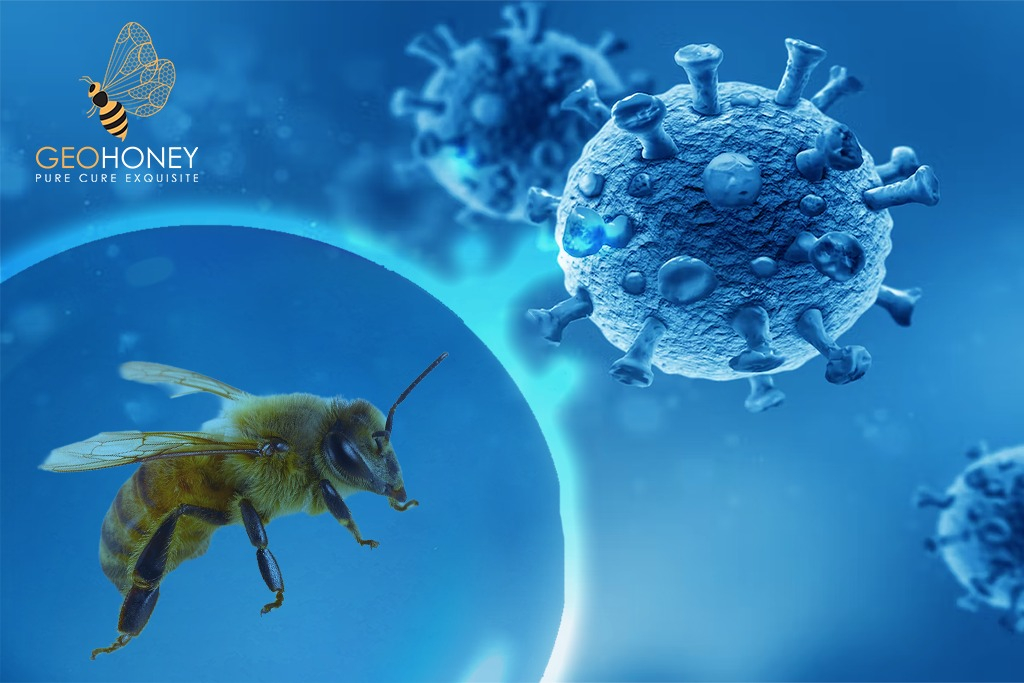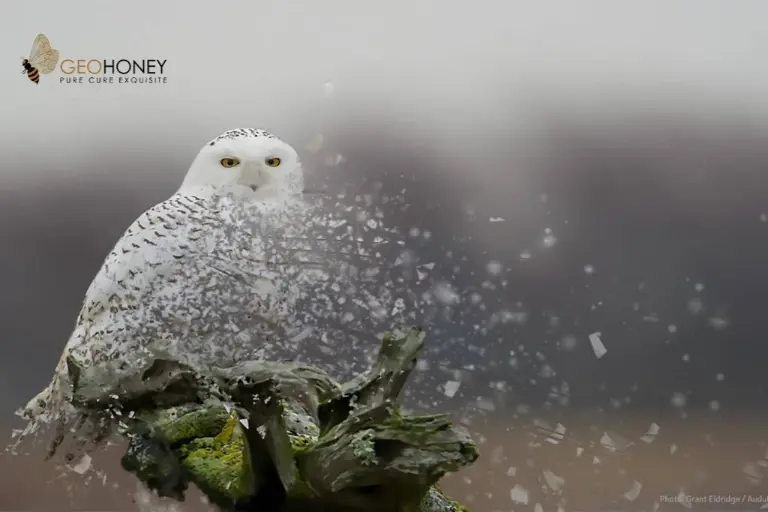- Tokyo: 17:21
- Singapore: 16:21
- Dubai: 12:21
- London: 08:21
- New York: 03:21
MSU Virologist to Deliver Lecture on Honeybee Research

MISSOULA, Mont. (AP) — In a speech Tuesday, a virologist and associate professor at Montana State University will discuss her scientific journey and the findings of her honeybee research programme.
The Distinguished Lecturer Series is sponsored by the Provost.
Michelle Flenniken will present her laboratory's findings, which include new viruses and honeybee antiviral defences.
The lecture begins at 7 p.m. in the Hager Auditorium of the Museum of the Rockies.
MSU made the following announcement:
Michelle Flenniken, a virologist and associate professor at Montana State University, will present findings from her laboratory, including the discovery of new viruses and honeybee antiviral defences, on March 21 as part of the 2022-23 Provost's Distinguished Lecturer Series.
Flenniken is the co-director of MSU's Pollinator Health Center and a member of the Department of Plant Sciences and Plant Pathology in the College of Agriculture. "A Serendipitous Scientific Path to Honeybee Virology," her lecture, is free and open to the public. It will begin at 7 p.m. in the Hager Auditorium of the Museum of the Rockies, followed by a reception.
"Honeybees are important plant pollinators, including those that produce fruit, nuts, and vegetables," Flenniken explained. "Unfortunately, since 2008, annual honeybee colony losses in the United States have averaged around 38%, with virus infections contributing to those losses."
According to her, Montana is an important state for beekeeping and honey production. The state provides approximately 200,000 colonies for pollination services, including for almond crops in California, and is consistently ranked among the top five honey producing states in the United States. Flenniken also mentioned that her lab team is well-versed in the molecular biology techniques required to detect, quantify, and discover bee viruses.
"The long-term goal of our lab's research is to reduce virus-related losses of these important pollinators." "She stated. "
Her current research team consists of two graduate students and two undergraduate students. In the last decade, around 20 undergraduate students have been involved with Flenniken's research, which is largely funded by peer-reviewed federal grants, she said.
Flenniken became interested in honeybees while doing postdoctoral work at the University of California, which coincided with the onset of high colony losses in the United States.
"I read about honey bee losses and became interested in this understudied area that combined both of my interests, human health and environmental health," she explained. "Honeybee virology was also a research topic that I knew I could take to a land-grant university and conduct research to address a global problem."
Flenniken claims that bees have a unique immune system. While at MSU, she assisted in the identification of several previously unknown viruses affecting bees and collaborated with research organisations such as the US Department of Agriculture and the Montana Department of Agriculture. She was awarded the prestigious National Science Foundation CAREER Award for early-career researchers in 2017.
Flenniken also teaches genetics and virology courses, and she hopes to inspire students to be curious and think about how they can apply what they learn to address important challenges. She wants to instill confidence in them so that they can pursue their own scientific goals, just as she did.
"This lecture is a once-in-a-lifetime opportunity, and I hope that young people in attendance leave feeling like they, too, can be scientists," she said.
"I also want to emphasise the importance of honeybees and other pollinators, as well as show attendees more examples of the exciting science going on at Montana State."
Source: nbcmontana.com



